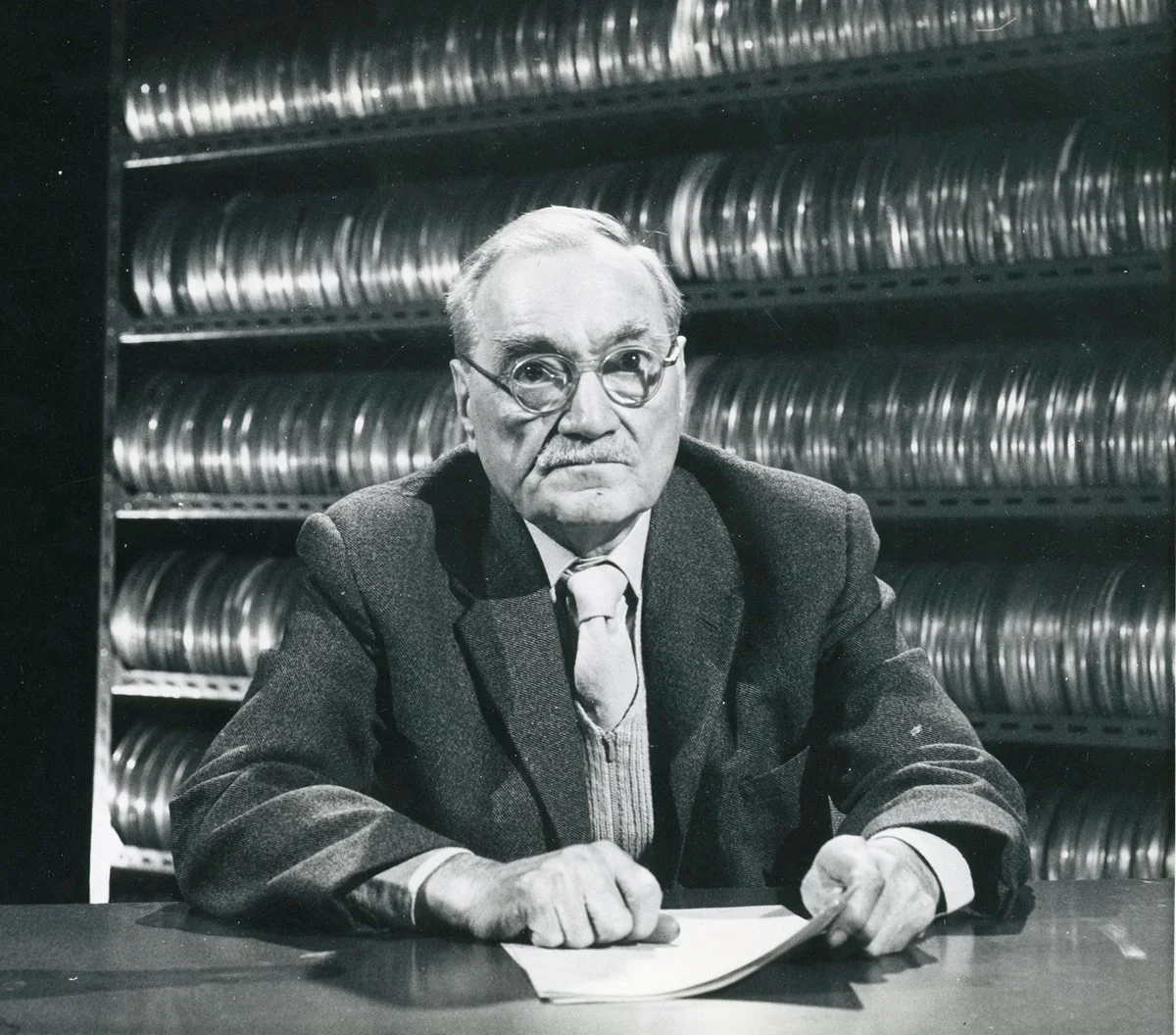Why the Best Stories Don't Just Tell They Transform
What do the most unforgettable stories, the ones that linger in your mind for years, all have in common? They don't just inform us; they make us feel something. A great story can rewire how we see the world. I'll never forget the moment a single interview in a documentary made me question a belief I'd held for years. That's the power of stories that matter: They don't just speak to us. They change us.
At their core, stories are deeply personal. Everyone has one, and what inspires me most is how the right story can cut through assumptions and create real connection. When told well, they don't just share an idea. They invite us to see the world and each other in a new light.
The Alchemy of Curiosity
Curiosity is the heartbeat of every meaningful story. If you're not genuinely interested in the subject, why should anyone else be? That spark of fascination leads to deeper questions, unexpected discoveries, and ultimately to more honest storytelling.
Three Identical Strangers begins as a feel good story about reunited triplets, then slowly reveals something far darker. The filmmakers could have stopped at the miraculous reunion, but their relentless curiosity uncovered a disturbing truth about the study that separated them. That's the power of digging deeper: what starts as a human interest piece becomes a profound commentary on ethics, family, and the limits of science.
The Best Stories Are Often Right in Front of You
Sometimes, the most powerful stories find you. They're hidden in everyday moments, in the people right under your nose, or in your own lived experience.
Frederick Wiseman taught me that institutions are made of human stories. For 55 years, he's turned his camera on ordinary places - a high school (High School), a welfare office (Welfare), a small-town library (Ex Libris) - revealing how these everyday spaces hold our deepest truths about power, community, and dignity.
His method is deceptively simple: patient observation. No interviews. No narration. Just watching until the extraordinary emerges from the ordinary. When you look this closely at what everyone else overlooks, you don't just see a story - you see how society really works.
Documentary Storytelling: The Art of Shaping Truth
Early in my career, I thought documentaries had to be "pure" truth, like news reporting. But great documentary isn't just pointing a camera at reality. It's truth, shaped.
John Grierson, the father of documentary, called it "the creative treatment of actuality." That means:
Editing shapes perspective (what you leave out is as important as what you keep)
Music, pacing and framing guide emotion (think of the suspense in "Making a Murderer")
The filmmaker's lens is part of the story (like Michael Moore's provocative style)
The goal isn't manipulation. It's honoring the deeper truth behind the facts.
“Documentary has the power to challenge preconceived notions and broaden our understanding of the world”
John Grierson
Stories That Matter Connect And Challenge
When curiosity leads us to authentic, lived stories, the result isn't just information. It's transformation. A great story:
Makes the personal universal (like "Won't You Be My Neighbor?" showing Mr. Rogers' quiet radical kindness)
Questions assumptions (e.g., "The Social Dilemma" exposing how algorithms manipulate us)
Demands empathy (think of the refugee stories in "Human Flow")
That's the difference between a story that's heard and one that sticks.
So, What's Your Story?
Next time you watch a documentary, or even have a deep conversation, ask yourself: What's the deeper truth here? And how is it being shaped?
Because the stories that matter don't just pass through us. They change how we think, how we act, and sometimes who we are.

